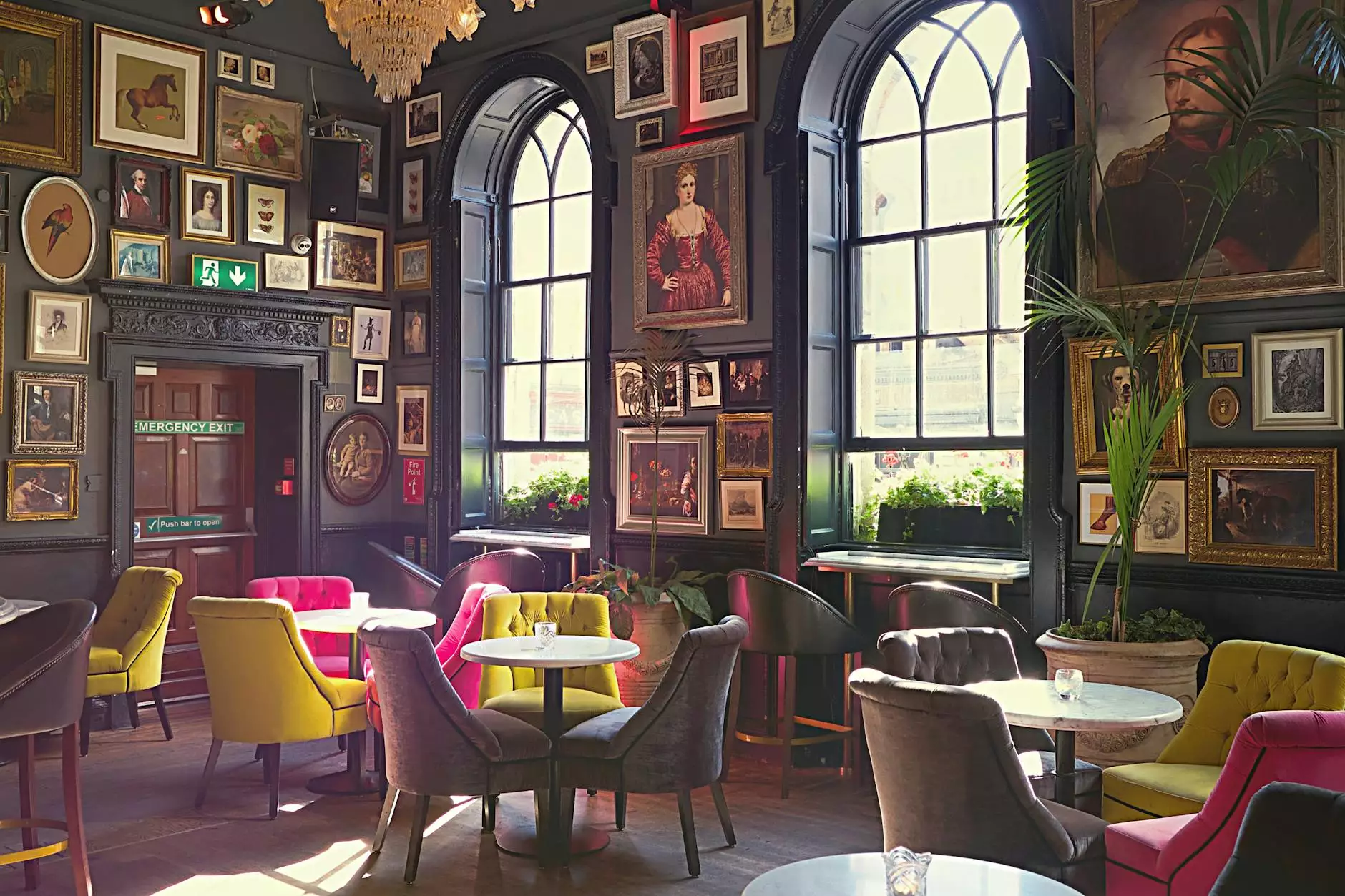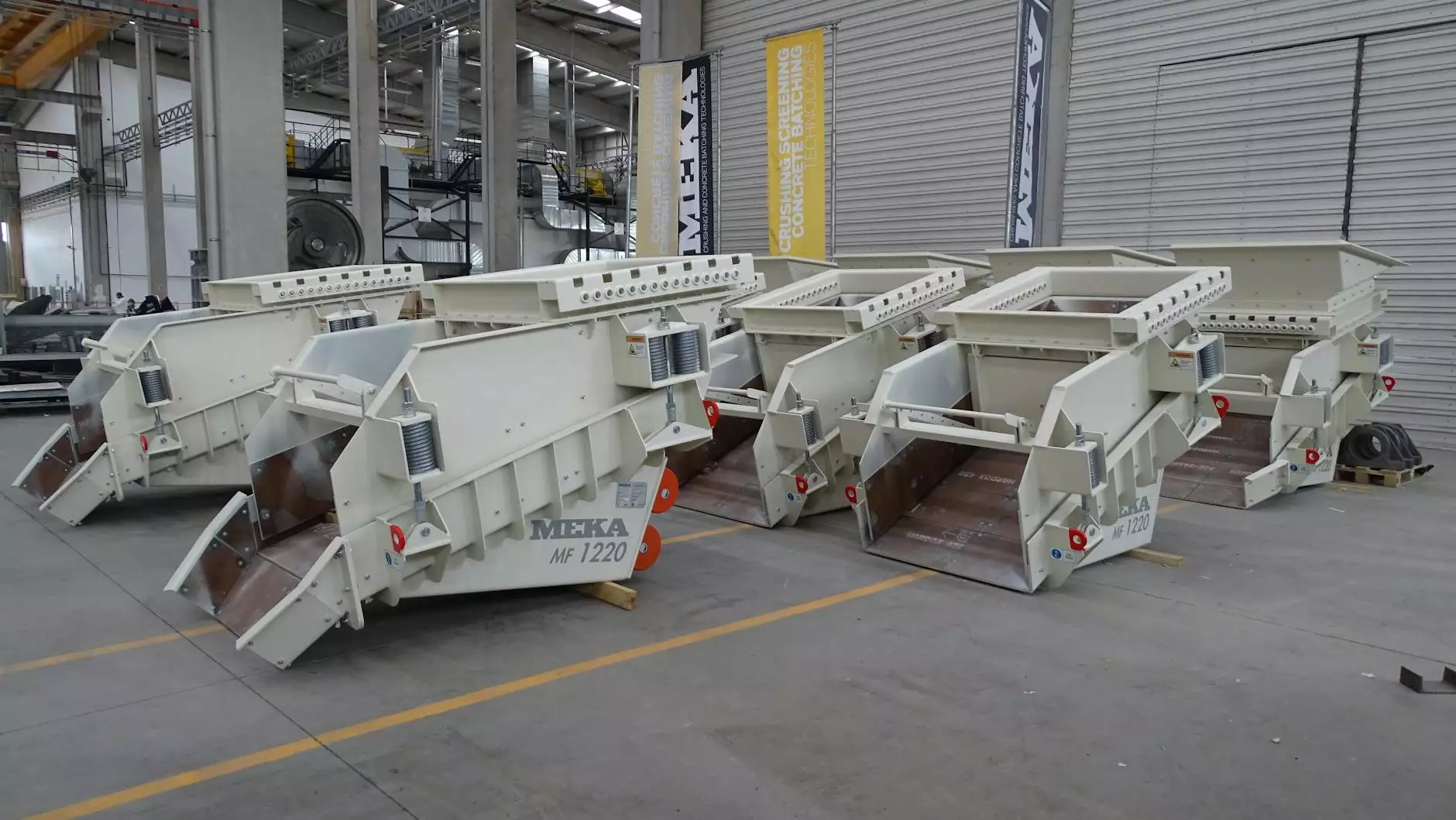In-Depth Exploration of European Furniture Companies: Redefining Elegance & Quality in Furniture Stores

In today's globalized marketplace, European furniture companies continue to set the benchmark for excellence, style, and craftsmanship in the furniture industry. Their innovative designs, commitment to sustainability, and rich heritage have positioned them as leaders not just within Europe but across the world. Whether you are a retailer, interior designer, or an end-user seeking premium furniture, understanding the nuances and strengths of these companies will help you make informed decisions and appreciate the sophistication behind European furniture stores.
Historical Overview of European Furniture Companies: A Legacy of Art and Craftsmanship
The roots of European furniture companies date back centuries, deeply intertwined with Europe's rich artistic history and cultural evolution. These businesses often draw inspiration from classical art, Renaissance aesthetics, and modern minimalist movements, culminating in versatile and timeless designs.
- Medieval and Renaissance Influence: Early European furniture was heavily influenced by ornate carvings, intricate detailing, and use of noble woods like oak and walnut, reflecting the grandeur of European courts.
- 19th Century Industrial Revolution: Machinery and mass production introduced efficiency but also posed challenges in maintaining quality, leading premier companies to innovate while preserving craftsmanship.
- Modern Era: Today, European furniture companies blend tradition with innovation, integrating sustainable practices, modern ergonomics, and cutting-edge technology into their offerings.
The Path to Excellence: Manufacturing Standards in European Furniture Companies
European furniture companies uphold some of the strictest manufacturing standards globally, driven by a culture of excellence and a deep respect for quality. These standards encompass everything from material sourcing to finishing processes, ensuring that each piece stands the test of time.
Superior Material Selection
Most European furniture companies source high-quality raw materials such as reclaimed wood, sustainable timber, and premium fabrics. This dedication to quality ensures durability, aesthetic appeal, and eco-friendliness.
Traditional Craftsmanship Meets Modern Technology
While respect for tradition is evident, these companies also embrace modern manufacturing technologies like CNC machining, 3D modeling, and automation, delivering precision, efficiency, and innovative designs.
Sustainable and Eco-Friendly Practices
Leading European furniture companies prioritize sustainability by using environmentally responsible materials and processes, minimizing waste, and adhering to eco-certifications like FSC and PEFC, which appeal to environmentally conscious consumers.
Innovative Design Trends Led by European Furniture Stores
Design plays a pivotal role in defining the identity of European furniture companies. From minimalist and functional to opulently ornate, their collections reflect a wide array of styles tailored for diverse tastes.
Minimalism and Scandinavian Influences
Clean lines, neutral color palettes, and practical functionality characterize Scandinavian-inspired furniture, which is highly popular across European and global markets.
Classical Elegance with a Modern Twist
European furniture companies often reinterpret classical designs with contemporary materials and finishings, creating pieces that are both timeless and trendy.
Urban and Industrial Styles
Industrial aesthetics, featuring raw metals and reclaimed woods, are gaining popularity in urban settings, emphasizing rustic charm and sustainability.
The Key Players in European Furniture Companies and Their Unique Offerings
Several European furniture brands stand out for their innovation, craftsmanship, and design philosophy. Here are some of the most influential:
- Herman Miller (Netherlands): Renowned for ergonomic office furniture and iconic designs combining function and style.
- Vitra (Switzerland): Known for its collaboration with innovative designers and a focus on contemporary and modern furniture.
- Roche Biuet (France): Specializes in luxurious, classical furniture with intricate detailing, blending tradition with luxury.
- BoConcept (Denmark): Emphasizes customizable, sleek urban furniture suited for modern living spaces.
- Jori (Belgium): Embraces comfort and sustainability, offering contemporary upholstered furniture.
How European Furniture Companies are Shaping Global Trends
The influence of European furniture companies stretches beyond their borders, shaping global interior design trends through their innovative use of materials, sustainable practices, and timeless aesthetics. Their commitment to quality and design excellence has led to:
- Global Export Growth: Many European firms possess strong international distribution channels, making luxury European furniture accessible worldwide.
- Design Leadership: European companies frequently set trends adopted worldwide, inspiring contemporary interior aesthetics.
- Sustainable Initiatives: They pioneer eco-friendly materials and production methods, leading the industry towards greener practices.
The Role of Online Presence and E-Commerce in Promoting European Furniture Stores
In the digital age, the visibility of European furniture companies benefits significantly from innovative online strategies. Leading furniture brands leverage e-commerce platforms, virtual showrooms, and augmented reality tools to showcase their collections globally.
iqmatics.com exemplifies this approach, providing an extensive online catalog, rich media content, and detailed specifications to help customers make confident purchasing decisions from anywhere in the world.
Choosing the Right European Furniture Company for Your Needs
When selecting a European furniture company, consider factors such as:
- Design Style: Whether you prefer classic, contemporary, or minimalist aesthetics, choose a company that aligns with your taste.
- Materials and Sustainability: Opt for brands committed to eco-friendly practices and high-quality materials.
- Customization Options: Look for companies offering tailor-made solutions to fit your space perfectly.
- Price Range: European furniture spans a spectrum from affordable to high-end luxury, so define your budget accordingly.
- Customer Support and Delivery: Ensure reliable service, including timely delivery, installation, and after-sales support.
Future Outlook: Sustainability and Innovation in European Furniture Companies
The future of European furniture companies lies in expanding sustainable practices, incorporating smart technology, and further decentralizing production to reduce environmental impact. Innovations such as biodegradable materials, 3D-printed components, and smart furniture systems are expected to become standard offerings in the upcoming years.
Moreover, the emphasis on digital integration will continue rising, with virtual reality, online customization, and AI-driven design tools enhancing customer experience and engagement.
Conclusion: Embracing the Legacy and Innovation of European Furniture Companies
European furniture companies are unparalleled in blending rich heritage with forward-thinking innovation, making them the preferred choice for discerning customers worldwide. Their dedication to quality, sustainability, and design excellence continues to define global furniture trends. By exploring the offerings of these esteemed brands, you can elevate your living and working spaces with timeless pieces that reflect sophistication, functionality, and responsible craftsmanship.
Whether you’re furnishing a cozy apartment or designing a corporate office, the european furniture companies market provides a vast array of options to suit every taste, budget, and sustainability preference. Their enduring commitment to excellence ensures that furniture from these brands will remain valuable investments, enriching spaces for generations to come.









